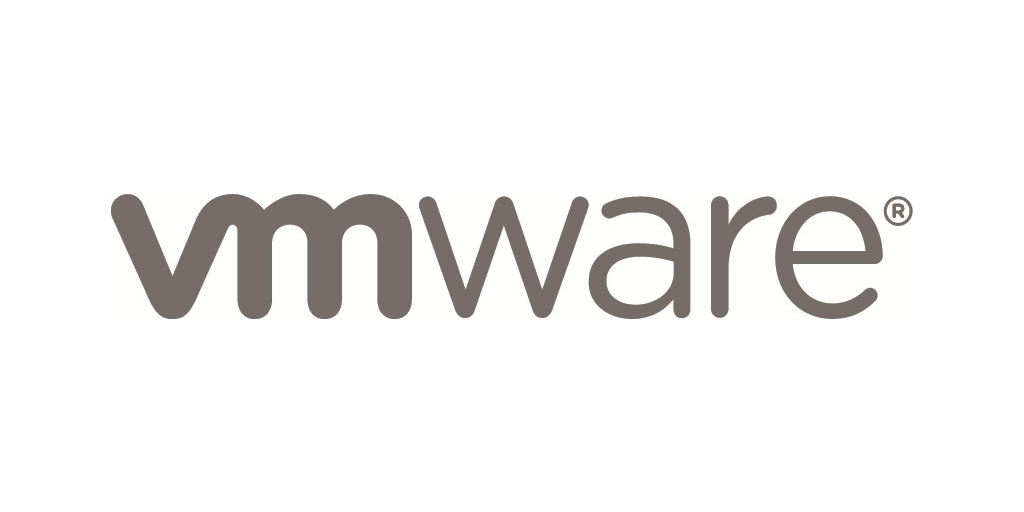Not everybody is aware of VMware. If you have to learn it for some reason but have no clue about it, it can get confusing. There are so many products that it will take time to differentiate them. As a beginner, read on to understand what VMware is and what it entails. If you are familiar with VMware and are interested in knowing about the VMware certifications, you will find this helpful.
VMware Products
One of the first terms with which you will get familiarized is vSphere. What is vSphere? It is a suite and not a product that contains the ESXi hypervisor. It hosts the virtual machines, and the management software is brought together by vCenter. It facilitates features like clustering and shared storage. Aside from vSphere, there are also APIs and other plugins. There are many other VMware products, but learning about everything will be impossible and time-consuming.
So, let’s first talk about those products which are very commonly used and knowledge of which is essential.
- Beginners
Beginners should start with ESXi. For this, you will have to have a basic knowledge of servers but nothing more than that. In VMware training, you will learn installation, configuration, and management. After you’ve mastered this VMware certification, you will then understand vCentre Server without much difficulty.
- Intermediate
If you have the basic knowledge of VMware but don’t want to start from scratch, you can install ESXi. It’s essential to note that there are two different methods of installation. The first one is called Bare-metal Installation. It is for computers or servers that have nothing else installed. The second method is known as Nested Installation. VMware does not support this, but ESXi can be run as a VM on another product such as Hyper-V or ESXi itself.
Now, you know which VMware products to choose, depending on your knowledge level. But, where do you get this software? Products like ESXi, Converter, and Player are free of cost. To access these, you must first create a VMware user account. After this, you can download the software. Then, you have to get a copy of the VMware Workstation Player to use ESXi and vCenter Server on your computer. After that, you must register before downloading the ESXifree version. Or, you may download the evaluation version. What’s the difference between the two? The free version will have limited functions as compared to the evaluation function. One of the functions you can’t access is that you can’t use vCenter Server to manage ESXi. The evaluation version allows you to access all the features for sixty days. After which, you will have to buy it and apply for a license.
How to Get Started with VMware?
If you want to become a VM certified professional or if you want to take the VM foundational exam but have only the time and resources to learn at home, is there a way available? Yes, there is! If you decide to go in for a bare-metal lab, you will need to spend a lot of money. That’s the only requirement if you want to become a VMware certified associate or if you want to pass advanced courses like the VMware NSX certification. If you want to learn, you should aim to have a computer that can enable you to run a vSphere environment. You don’t need costly equipment for this. Any computer with the latest processor, like Intel i7, with a good SSD and at least 16GB of storage will be adequate for you.
However, if you want to know how to install ESXi on bare metal, you can get a server from eBay but remember, VMware should support it. That can be cross-checked using the VMware compatibility tool available online.
Local Storage vs Shared Storage
- Local Storage
Local storage, compared to shared storage, is much simpler. However, don’t go for local storage if you want smooth functioning. There are single connections between the hosts and storage units. If even one doesn’t function, the entire system stops. Moreover, storage devices aren’t ideal for multiple connections, and you can’t share if there are many hosts. It won’t help as you won’t be able to use most of the features that VMware offers.
- Shared Storage
On the other hand, shared storage can be accessed by several hosts simultaneously. Also, Data can be accessed from a range of hosts, including the cloud.
Conclusion
Now that you know the basis of VMware, you can learn more about it and get started. Be it VMware certifications or VMware VCP, you will soon be well-versed with all of it. It is an invaluable and useful skill to have, so learn as much as you can!


